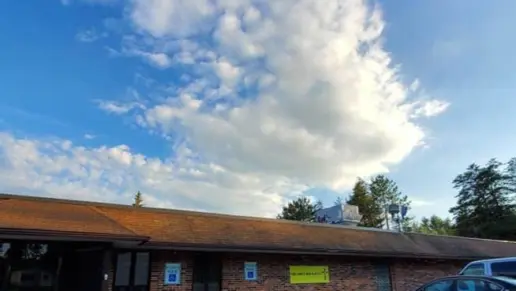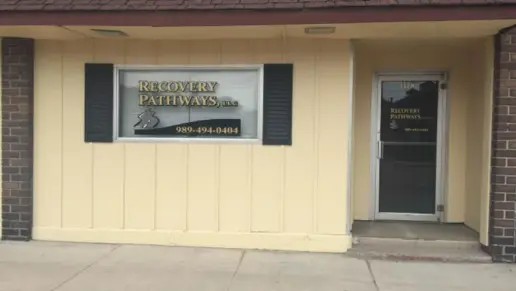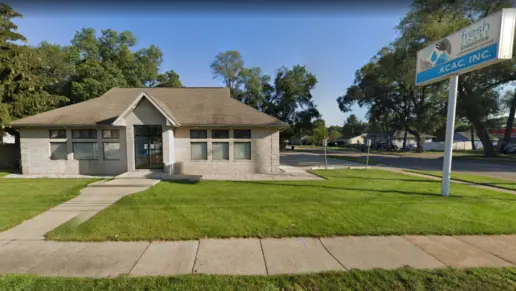Staff wants to control you, not help you. Get out of this state, Michigan is dying. The staff were very disrespectful and if you come in with a loved one they will speak to them instead of you to make you feel like you’re not in control. DONT go here if you want to get bet ...
About Gilmore Community Healing Centers
Gilmore Community Healing Center has served over 50,000 people struggling with mental health problems and substance abuse issues for almost two decades in the Southwest Michigan area. Helping individuals, children, men and women, and families, the Gilmore Community Healing Center offers a range of alcohol and drug addiction services with its inpatient and recovery housing programs.
Gilmore Community Healing Center believes that high quality and equitable care should be given to all people to help them heal from addiction and mental and behavioral disorders. That’s why this rehab provides person centered substance abuse services like the ones mentioned below:
The Gilmore Community Healing Center offers a residential medically assisted treatment (MAT) detox program for those seeking substance abuse recovery. Those 18 and older with alcohol, opiate, or other drug dependencies can receive treatment in a 24 hour medical monitoring environment with nursing care provided to aid with withdrawal during detoxification. Most individuals participate in this inpatient program for 10 to 18 days.
Women with children and single men and women can seek a safe haven and supporting and healing environment by applying for recovery housing offered by the Gilmore Community Healing Center. The recovery housing helps substance abuse users create a stable and self-sufficient lifestyle while focusing on drug or alcohol addiction recovery.
To help in the prevention of drug and alcohol addiction and to ensure clients don’t relapse, the Gilmore Community Healing Center offers a friend and family substance abuse prevention program. This program provides weekly meetings where research based information is shared through handouts, video materials, and educational presentations by certified and experienced professionals.
Facility Overview
Latest Reviews
Rehab Score
Gallery
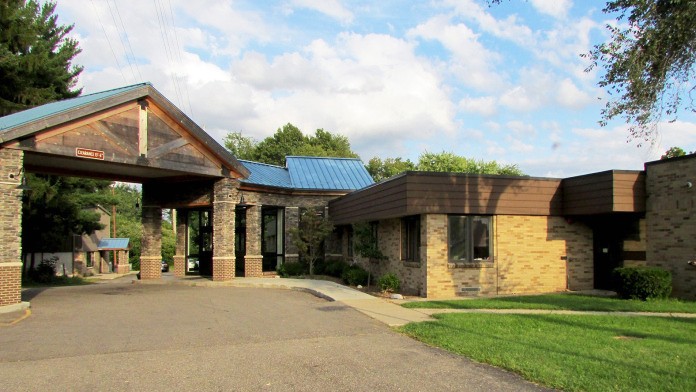
Location
Accepted Insurance

Other Forms of Payment
Medicaid is a state based program that helps lower-income individuals and families pay for healthcare. Medicaid covers addiction treatment so those enrolled can use their coverage to pay for rehab. When a program accepts Medicaid the client often pays very little or nothing out of their own pocket.
Private insurance refers to any kind of healthcare coverage that isn't from the state or federal government. This includes individual and family plans offered by an employer or purchased from the Insurance Marketplace. Every plan will have different requirements and out of pocket costs so be sure to get the full details before you start treatment.
Self-pay involves paying for treatment out of your own pocket. You can use savings or credit, get a personal loan, or receive help from family and friends to fund your treatment. If you don't have insurance or your insurance plan doesn't cover a specific program, self-pay can help ensure you still get the care you need.
Medicare is a federal program that provides health insurance for those 65 and older. It also serves people under 65 with chronic and disabling health challenges. To use Medicare for addiction treatment you need to find a program that accepts Medicare and is in network with your plan. Out of pocket costs and preauthorization requirements vary, so always check with your provider.
Addiction Treatments
Levels of Care
Treatments
The goal of treatment for alcoholism is abstinence. Those with poor social support, poor motivation, or psychiatric disorders tend to relapse within a few years of treatment. For these people, success is measured by longer periods of abstinence, reduced use of alcohol, better health, and improved social functioning. Recovery and Maintenance are usually based on 12 step programs and AA meetings.
Drug rehab in Michigan provides personalized treatment to help individuals break this cycle and regain control of their lives. Treatment methods are used in various levels of care, including inpatient rehab, partial hospitalization programs, intensive outpatient programs, and standard outpatient treatment.
Many of those suffering from addiction also suffer from mental or emotional illnesses like schizophrenia, bipolar disorder, depression, or anxiety disorders. Rehab and other substance abuse facilities treating those with a dual diagnosis or co-occurring disorder administer psychiatric treatment to address the person's mental health issue in addition to drug and alcohol rehabilitation.
Opioid rehabs specialize in supporting those recovering from opioid addiction. They treat those suffering from addiction to illegal opioids like heroin, as well as prescription drugs like oxycodone. These centers typically combine both physical as well as mental and emotional support to help stop addiction. Physical support often includes medical detox and subsequent medical support (including medication), and mental support includes in-depth therapy to address the underlying causes of addiction.
Substance rehabs focus on helping individuals recover from substance abuse, including alcohol and drug addiction (both illegal and prescription drugs). They often include the opportunity to engage in both individual as well as group therapy.
Programs


Clinical Services
Group therapy is any therapeutic work that happens in a group (not one-on-one). There are a number of different group therapy modalities, including support groups, experiential therapy, psycho-education, and more. Group therapy involves treatment as well as processing interaction between group members.
In individual therapy, a patient meets one-on-one with a trained psychologist or counselor. Therapy is a pivotal part of effective substance abuse treatment, as it often covers root causes of addiction, including challenges faced by the patient in their social, family, and work/school life.
Amenities
-
Private Setting
Staff & Accreditations
Staff
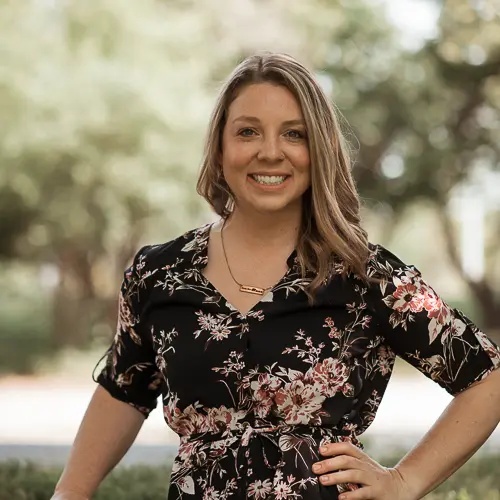
CEO
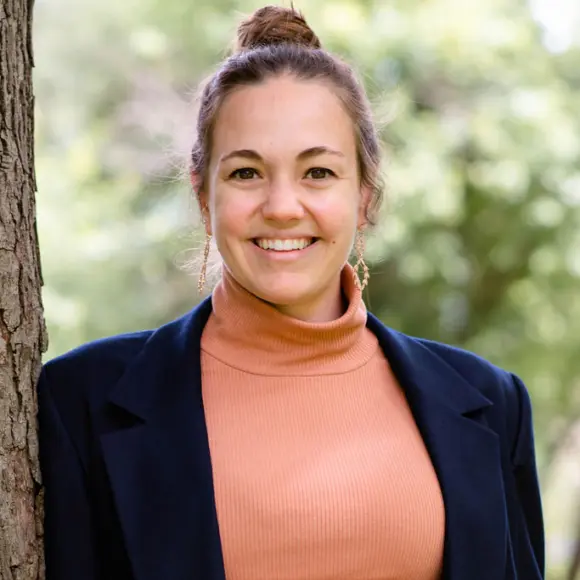
Chief Development Officer
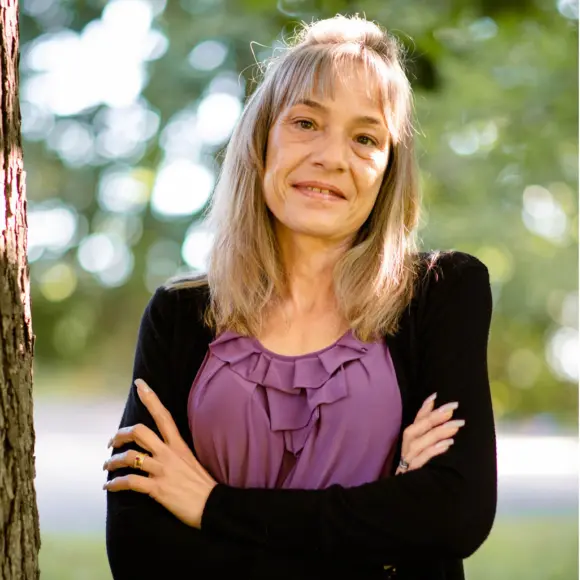
Healthcare Attendant Coordinator
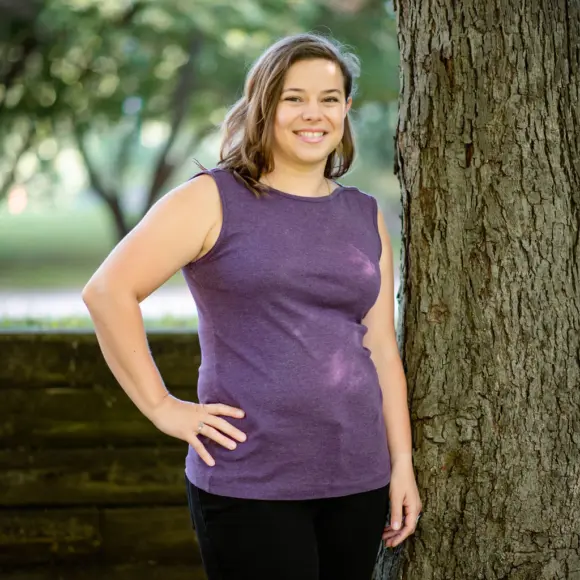
Supervisor of Children’s Community Based Services
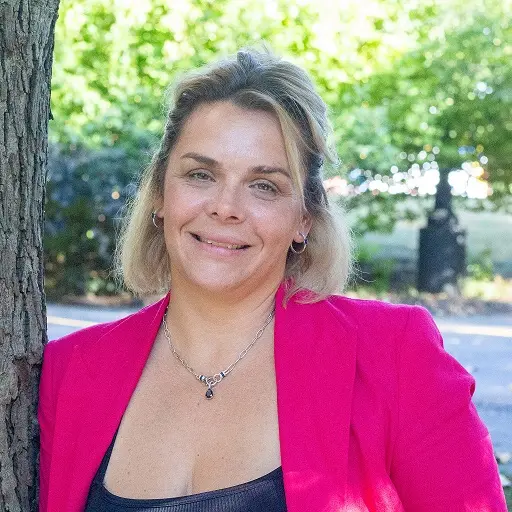
Nursing Supervisor
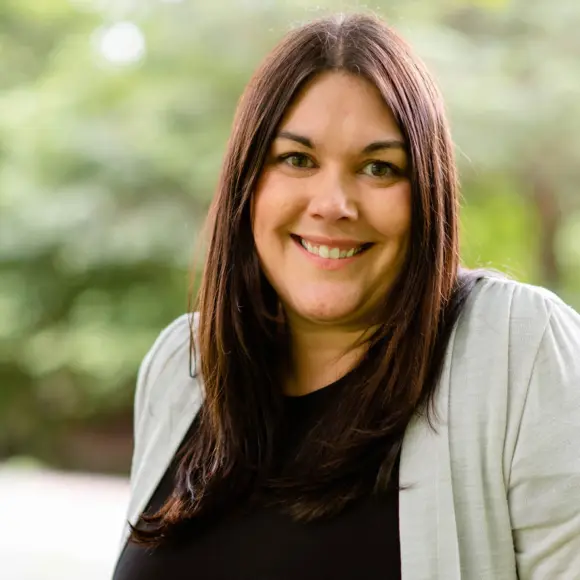
Marketing & Communications Manager
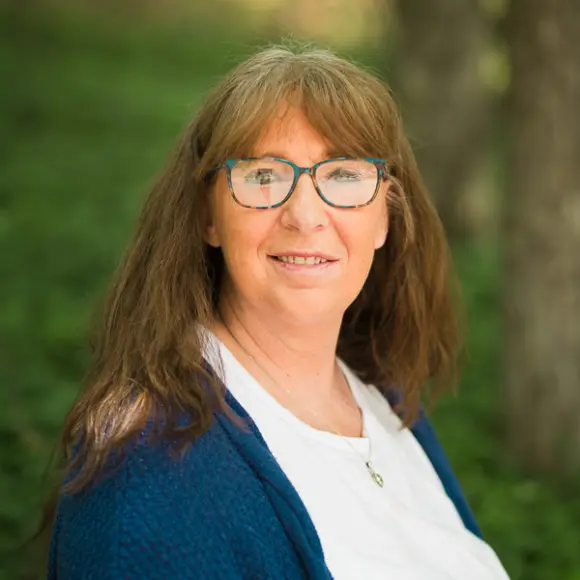
Administrative Supervisor
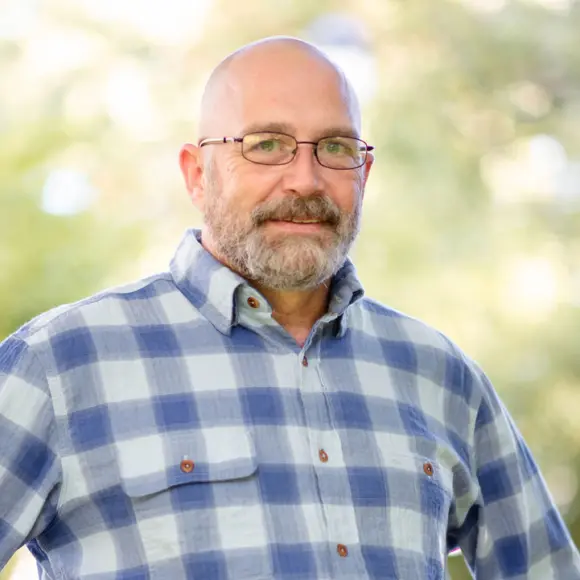
Facilities Manager
Accreditations

The Commission on Accreditation of Rehabilitation Facilities (CARF) is a non-profit organization that specifically accredits rehab organizations. Founded in 1966, CARF's, mission is to help service providers like rehab facilities maintain high standards of care.
CARF Accreditation: Yes
Contact Information
1910 Shaffer Street
Kalamazoo, MI 49048







